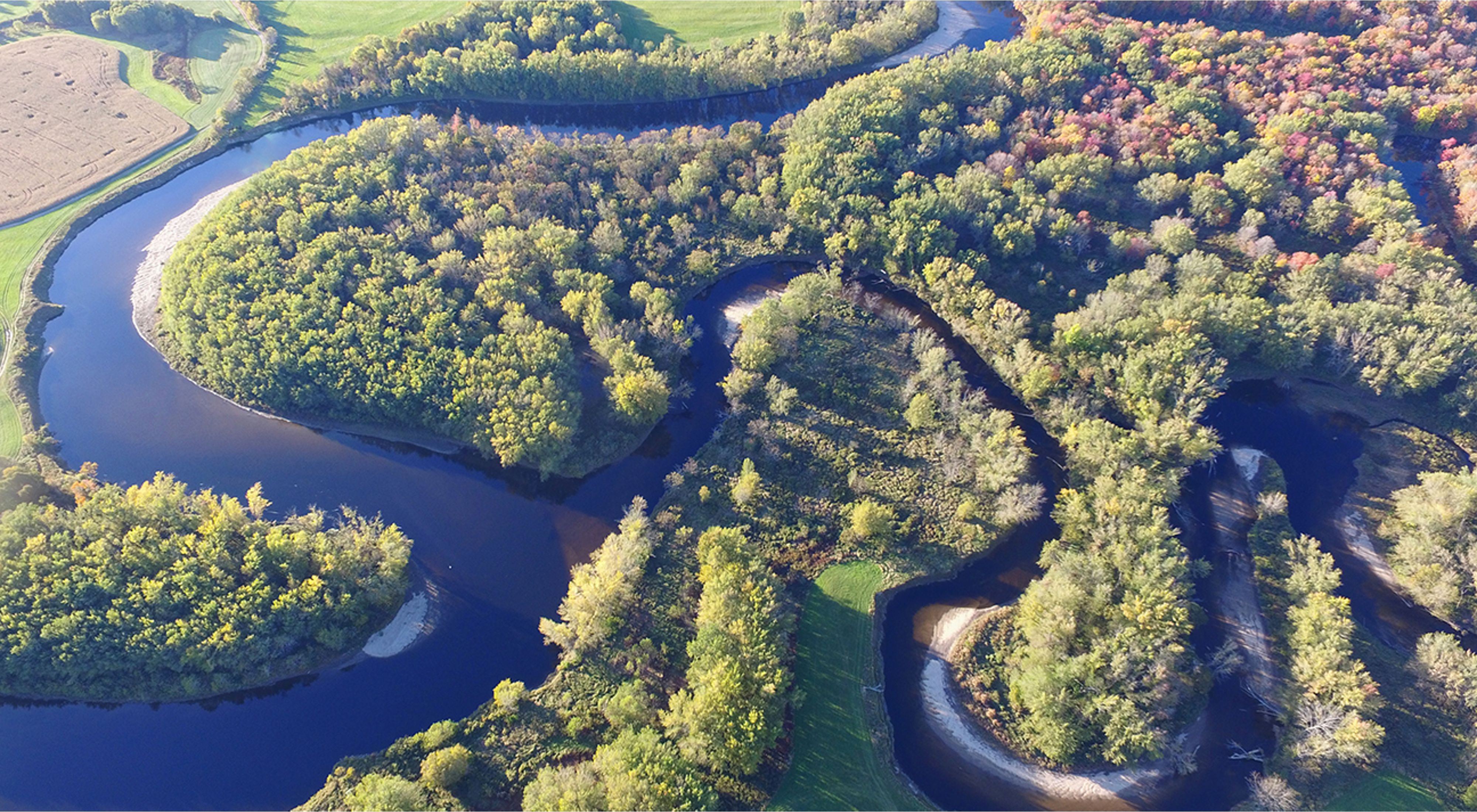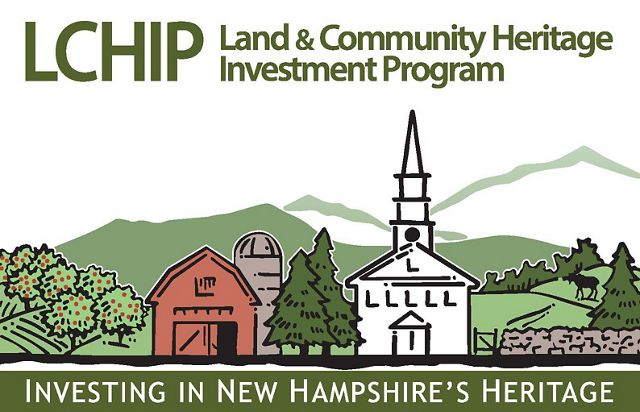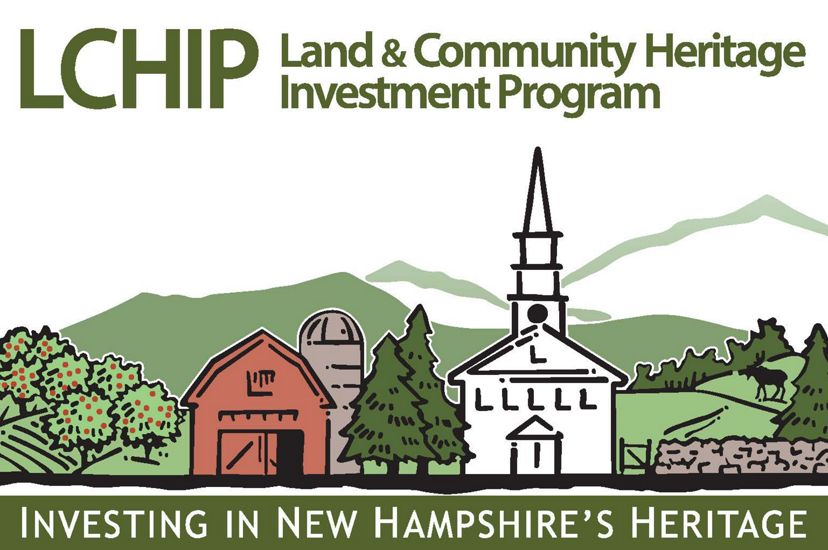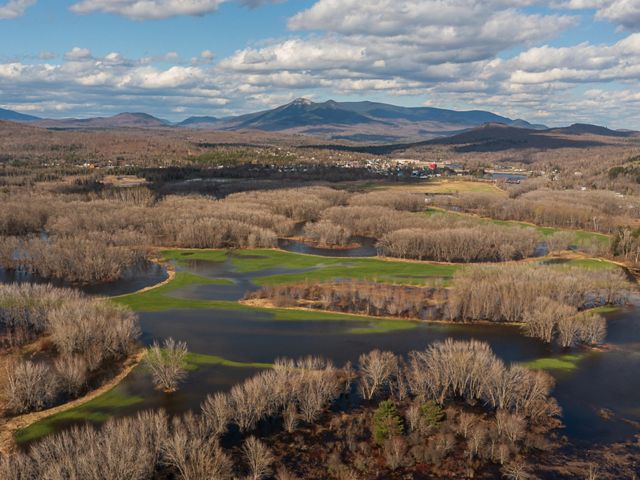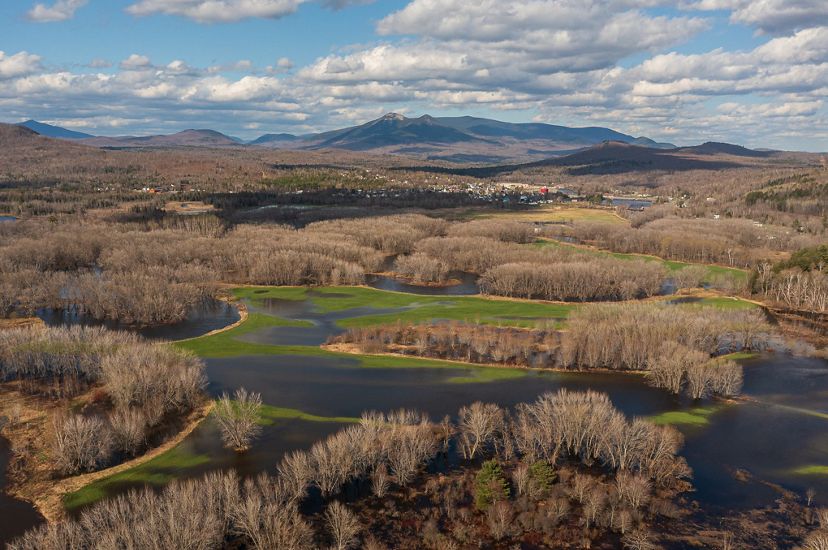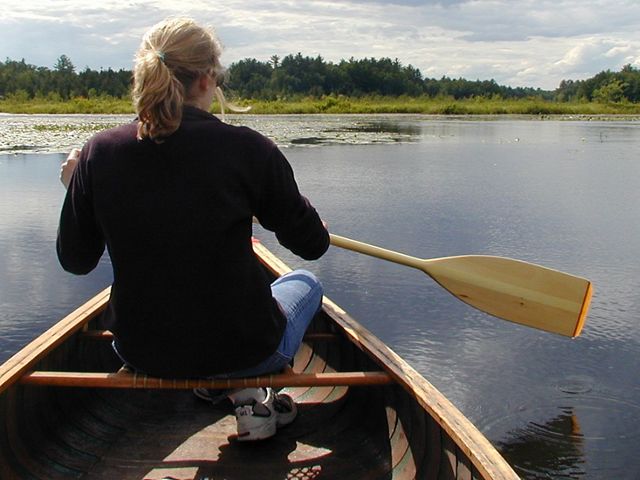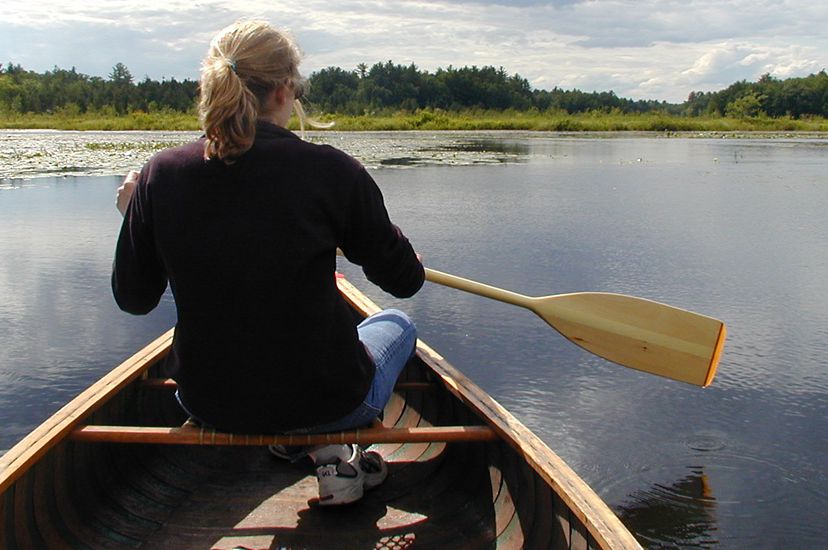LCHIP Grants Enable The Nature Conservancy in New Hampshire to protect drinking water, wildlife resources in two Granite State communities.
New Hampshire’s Land and Community Heritage Investment Program (LCHIP) Awards 34 Grants to Communities and Non-Profit Organizations Across the State
Media Contacts
-
Megan Latour
Marketing and Communications Manager
The Nature Conservancy in New Hampshire
Phone: 603-230-9241
Email: mlatour@tnc.org
Governor Sununu announced $4.3 million in matching grants to support thirty-four land conservation and historic preservation projects across the state by the New Hampshire Land and Community Heritage Investment Program (LCHIP). The grants will assist municipalities, non-profit organizations and community groups in rehabilitating 17 historic structures and permanently conserving more than 2,700 acres of farm, timber, and ecologically significant land in all ten counties of the state, including land conservation projects in Kingston and Northumberland that help protect drinking water resources and ecological habitat.
The Nature Conservancy in New Hampshire (TNC), which works to conserve the lands and waters on which all life depends, has received two grant awards this year. The first provides $200,000 to support the Tanguay Acquisition Project in Northumberland. This project protects 138 acres of undeveloped floodplain forest, agricultural fields, and wetlands along the Connecticut River that will become part of TNC's Maidstone Bends Preserve. The property abuts part of the existing preserve, creating a contiguous block of nearly 400 acres of conservation lands along the Connecticut River. Additionally, this property supports a diversity of wildlife and plant species and includes a wellhead protection area for municipal drinking water supply.
The second grant provides $190,000 to support the Whitcomb Acquisition Project in Kingston. Located along the Powwow River, this project protects ecological and drinking water resources while also establishing connectivity with other lands already conserved by The Nature Conservancy, the Town of Kingston and other conservation partners. The nearly 60-acre property contains two globally rare Atlantic white cedar swamp basins and streamside fens that extend along the 1,500 feet of river frontage. The property also overlaps with a wellhead protection area and contains a high-transmissivity aquifer.
"We are delighted to have LCHIP's support and partnership for these projects in the Upper Connecticut and Powwow Rivers," says Elizabeth Bergquist, associate director of land conservation for The Nature Conservancy. "With these awards, LCHIP enables connected networks of priority habitat lands and the protection of drinking water resources in two communities—truly outcomes that benefit people and nature."
LCHIP grant recipients are required to match each dollar contributed by LCHIP with a minimum of one additional dollar and to complete the funded projects according to the program's rigorous standards. This year's awards of $4.3 million will be matched by more than $15 million in funding from other public and private sources, infusing a total of more than nineteen million dollars into the state's economy in direct project activity. Recipients will be expected to complete the funded work within two years. A list of previously completed LCHIP-funded projects can be found at www.LCHIP.org.
###
About The Nature Conservancy
The Nature Conservancy works in New Hampshire and around the world to conserve the lands and waters on which all life depends. Guided by science and using a collaborative approach that is grounded in the needs of our state and local communities, we create innovative, on-the-ground solutions to our world’s toughest challenges so that nature and people can thrive together. In New Hampshire, the Conservancy has helped protect nearly 300,000 acres of forests, fields and natural areas, along with more than 680 miles of coastal shoreline and river frontage. To learn more, visit www.nature.org/newhampshire or follow TNCNH on Facebook, @tncnewhampshire on Instagram and @Nature_NH on Twitter.
About New Hampshire’s Land and Community Heritage Investment Program
The New Hampshire Land and Community Heritage Investment Program (LCHIP) is an independent state authority created by the legislature in 2000 to ensure the perpetual contribution of natural, cultural and historic resources to the economy, environment, and quality of life in New Hampshire. Since 2000, LCHIP has provided 564 matching grants to municipalities and non-profit organizations, investing over $58 million to help partners conserve more than 236,000 acres of land and rehabilitate 341 historic buildings. Grants have been awarded in all parts of the state and in 195 of New Hampshire’s 234 communities. The money for LCHIP grants comes from a surcharge assessed when recording documents at county Registries of Deeds. For more information about LCHIP, visit LCHIP.org or call (603) 224-4113.
The Nature Conservancy is a global conservation organization dedicated to conserving the lands and waters on which all life depends. Guided by science, we create innovative, on-the-ground solutions to our world’s toughest challenges so that nature and people can thrive together. We are tackling climate change, conserving lands, waters and oceans at an unprecedented scale, providing food and water sustainably and helping make cities more sustainable. The Nature Conservancy is working to make a lasting difference around the world in 77 countries and territories (41 by direct conservation impact and 36 through partners) through a collaborative approach that engages local communities, governments, the private sector, and other partners. To learn more, visit nature.org or follow @nature_press on X.
